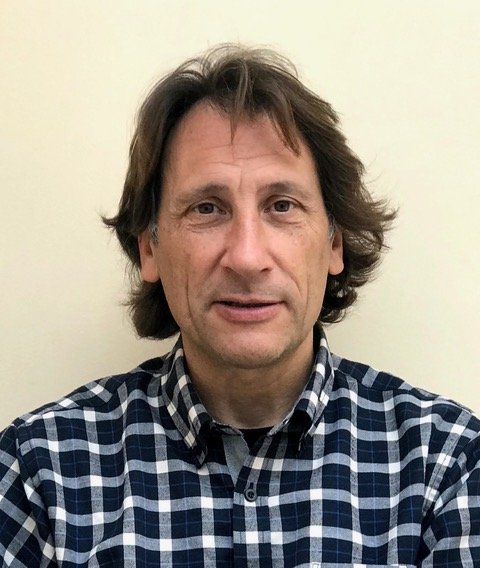Emergent Diseases, Patient Activism, and the Co-Production of Expertise and Democracy
Emergent diseases represent a challenge to democratic governance across the Atlantic, thrusting patients, doctors, and public health systems into a contested terrain of health politics. This has become most visible since the outbreak of the COVID-19 pandemic and related sequelae like Long Covid. Although other prominent diseases may not affect as many people as Long Covid, they can have long-lasting collateral effects, as the Zika outbreak in Brazil in 2016 demonstrates. While in some countries or with respect to specific outbreaks, a sluggish institutional response escalated disputes between advocacy groups, patients, medical experts, and regulatory agencies, in other situations, emergent diseases have been a site of innovative co-production of knowledge among these parties. Through comparison across countries and diseases, this project seeks to understand what factors and dynamics shape whether newly formed patient advocacy groups clash with public health authorities and medical professionals over the speed, direction, and implications of scientific research on a range of diseases or, on the contrary, develop forms of effective co-production. Emergent diseases are thus focal sites where the relationship between expertise, democracy, and trust can be studied. At the heart of this research project is the question:
How and to what extent can participatory science counteract the crisis of trust in public health and medical expertise?
Patient communities in Brazil, France, and the US have, to varying degrees, pushed for more responsive public health policies, and some medical groups have indeed opened themselves to participatory science formats to regain public credibility. Although such cooperatively co-produced expertise holds the potential for counteracting the decline of trust in experts, it is far from clear what formats are best suited to democratize scientific knowledge in ways that do not erode scientific authority and delegitimize expert knowledge. This project will compare and document the dynamics of disease advocacy, contestation, and cross-country collaboration between key stakeholders in Brazil, France, and the US. In each case, there is a rich tapestry of factors, some of which are local, contextual, and time-dependent, which determine the social character of the parties involved in inclusionary dynamics and the nature of these arrangements. Insights from this project will contribute to deepening and strengthening the dialogue between patients and experts, thereby putting trust in experts on a surer footing. This research will also offer important explanations of how to fortify democratic resilience across the Atlantic in the face of future health crises.
Supported by the Trans-Atlantic Platform for Social Sciences and Humanities (T-AP)
Collaborating Funding Agencies
+ National Science Foundation (USA)
+ Fundação de Amparo à Pesquisa do Estado de São Paulo (Brazil)
+ Agence Nationale de la Recherche (France)
Grant Period: 3 Years
Project Funding: $650,000
Lead Project PI: Gil Eyal
Funding Program: Democracy, Governance, and Trust (DGT). Read more.
Partner Institutions: Columbia University, City College (CUNY), Mines Paris PSL, University of Campinas, Leiden University
Keywords: Democracy, trust, health politics, expertise, co-production, participatory science, patient activism
Project Team
Gil Eyal (Team USA)
Columbia University
Maya Sabatello (Team USA)
Columbia University
Larry Au (Team USA)
City College of New York, CUNY
Cristian Capotescu (Team USA)
Columbia University
Yanze Yu (Team USA)
Columbia University
Kerianne Leibman (Team USA)
Columbia University
Madeleine Akrich (Team France)
Mines Paris PSL
Florence Paterson (Team France)
Mines Paris PSL
André Luiz Sica de Campos (Team Brazil) University of Campinas
Janaína Pamplona da Costa (Team Brazil)
University of Campinas
Ismael Rafols (Team Brazil)
Leiden University
Renan Gonçalves Leonel da Silva (Team Brazil) New Jersey Institute of Technology












